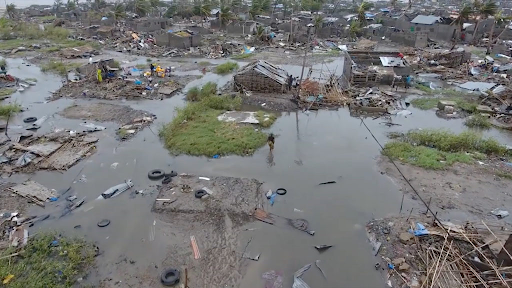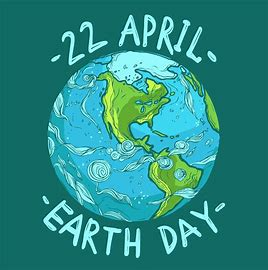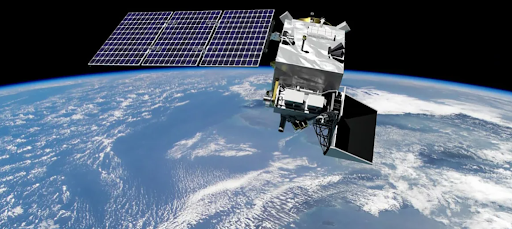Due to recent storms and flooding in East Africa, more than 300 people have died, and thousands have been left without a home. Since October there have been flash floods, heavy rains, and mudslides occurring in Kenya, Somalia, Tanzania and Ethiopia. Just a few months ago, people were dying due to the severe drought, and now entire villages and farmland have been completely washed away because of an excess amount of water. Due to the lack of non-contaminated drinking water, there has been an increase in the number of Cholera cases, which is a fatal waterborne disease that causes severe dehydration.
The short rain season in East Africa typically lasts from October to December, and follows a period of drought. This year, rainfall has been devastating, as it is over twice the average amount of precipitation. Rivers such as the Shebelle and the Juba in Somalia have completely overflowed, wreaking havoc upon the surrounding towns and crops. Scientists believe that global warming and climate change are part of the underlying reason for these storms in the horn of Eastern Africa, as they are causing a positive IOD.
The IOD stands for the Indian Ocean Dipole. This is a climate phenomenon that affects the Indian Ocean region. Warm water is sent to the west part of the ocean during and the cold waters surface in the Eastern area during a positive period, which is what East Africa is experiencing right now. However, during a negative period the roles of the waters will switch. The reason why the rain has been so destructive and devastating is due to global warming and the warming of the waters. Studies have shown that as pollution and increased greenhouse gas emissions worsen, the higher the likelihood of the IOD becoming positive. In order to lower the frequency of extreme cases of a positive IOD, global temperatures would have to be lowered, and there needs to be more of an effort to prevent global warming. Not only does the IOD affect East Africa, but also other countries such as Australia where drought will occur and flooding of Pacific Islands.
National and international humanitarian organizations are struggling to provide safety and support to the people of East Africa who are suffering from disease and have lost their homes as well as all possessions. Food and crops have been completely destroyed which causes an increase in food instability and malnutrition. In addition there have also been surges of violence as individuals are fighting for basic needs such as clean water, clothing, food and shelter. There will also be an increase in other diseases that are extremely contagious because people are being packed into tight settlement camps and shelters. It is very obvious that these serious problems are in need of an urgent solution to prevent any more suffering and damage. Scientists suggest various ways to lower the effects of global warming such as using less fossil fuels and “Reduce should always be the number one priority.” says Darby Hoover, a NRDC senior resource specialist. Clean energy advocate Aliya Haq also says “Energy efficiency is the lowest-cost way to reduce emissions.” clearly showing that anyone is capable of helping the environment.
Flooding in East Africa and The Effects of Climate Change
January 4, 2024








